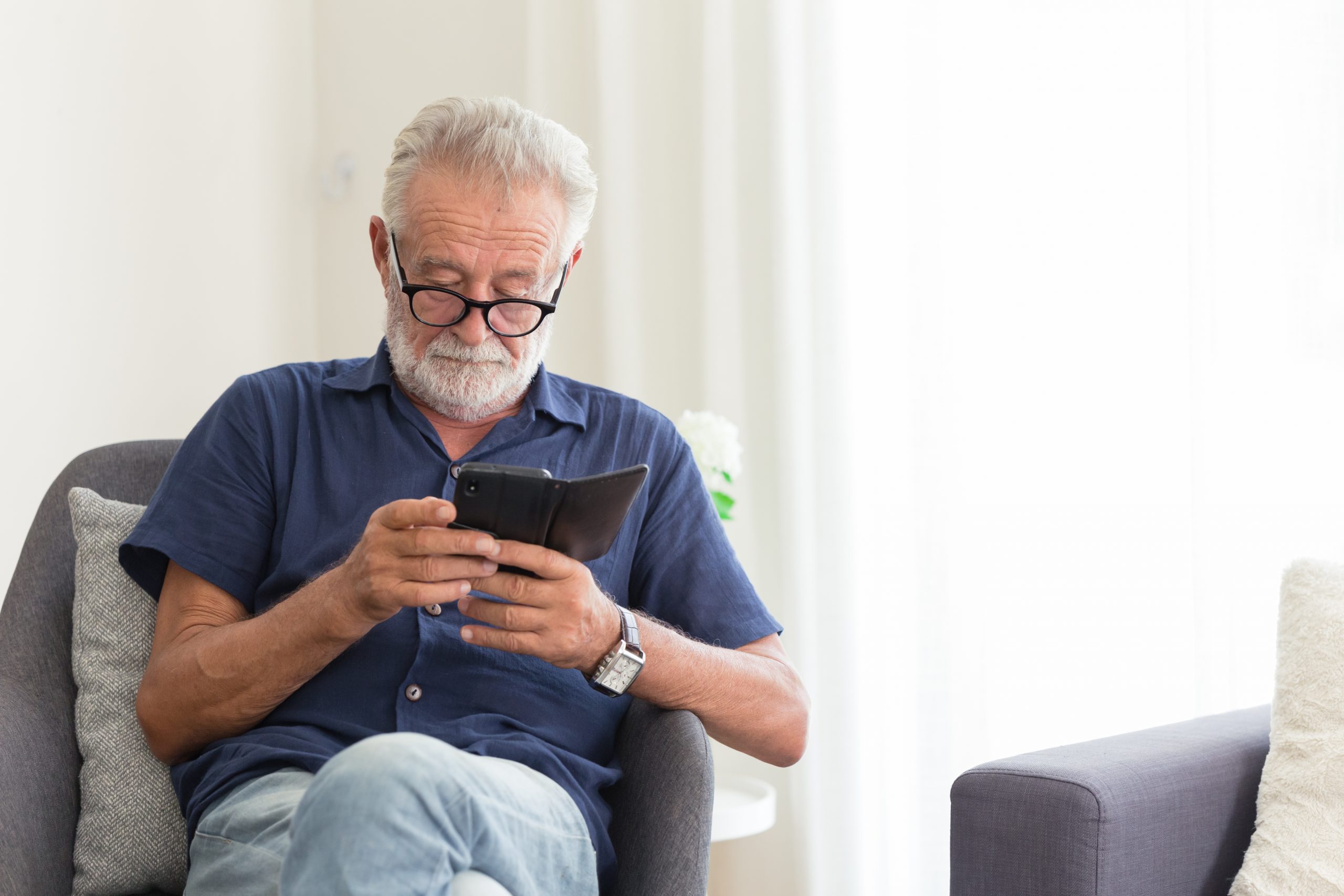How to choose the best simple mobile phone for older people?
As our loved ones get older, it becomes increasingly important to choose technology that supports their independence rather than complicating daily life. A simple mobile phone for older people should be easy to use, comfortable to hold, and designed with safety and accessibility in mind.
Many mobile phones for seniors now include helpful features such as large, easy-to-read screens, sturdy designs, loud speakers, and emergency SOS buttons that can instantly contact family members or emergency services. These features provide reassurance for both seniors and their loved ones.
Why should I buy a simple mobile phone?
Many older adults didn’t grow up using smartphones, but that doesn’t mean they can’t benefit from modern communication. Easy-to-use mobile phones for seniors make it possible to stay connected without the confusion of complex apps and settings.
Simple phones are especially beneficial for users with vision loss, arthritis, or reduced dexterity. With larger buttons, clearer displays, and straightforward menus, senior-friendly mobile phones reduce frustration and make everyday tasks like calling and texting far more accessible.
Bigger screen
A bigger screen can make a significant difference for seniors with vision concerns. As screen sizes have increased over the years, it’s easier than ever to find a phone with a generous display. Additionally, many phones allow users to adjust the font size, bold text, or change the font style, improving readability and reducing eye strain.
Bigger buttons
While physical buttons are becoming less common, they can be incredibly helpful for those who struggle with touchscreens. Phones with large, tactile buttons offer a more reliable way to dial numbers and navigate menus, especially for those with limited hand mobility.
Simple interface and operating system
For those new to mobile technology, a phone with a simplified interface can prevent frustration. Some phones run on basic versions of the Android operating system or use alternative systems that focus on essential features like calling, texting, and occasional web browsing, making them much more user-friendly.
How much should I expect to pay?
One of the advantages of simple mobile phones is that they are often much more affordable than high-end smartphones. Prices can start as low as £20 for basic models and go up to £100 or more for phones with additional features. Typically, the simpler the phone, the lower the cost.
Our top picks
The Doro 7030 is perfect for those who prefer physical buttons. Its large, well-spaced keys are backlit, making them easy to see, especially for those with vision impairments. It also includes smart features like WhatsApp, Facebook, and email, along with a 4G connection and a helpful “Doro Response” button for emergencies.
The Nokia 1.4 is a straightforward smartphone that runs on Android Go, offering simplified versions of popular apps like YouTube and Google Maps. Its large screen and text-to-speech options make it a good choice for users with vision issues.
The phone’s screen is big and there are options to change font sizes and use text-to-speech apps if impaired vision is a worry. It’s also well-built and should be able to withstand the occasional accidental drop.
For those who want a basic phone with big buttons and a clear screen, the TTfone Mercury 2 is ideal. It focuses on essential functions like calling, with added features such as an FM radio, MP3 player, and an SOS alarm. The phone also comes with a charging dock, ensuring it’s always easy to find.
If simplicity is the goal, the Nokia 105 is a solid option. This basic phone is reliable, easy to use, and budget-friendly, perfect for seniors who need a straightforward device for making calls and sending texts.
Though more expensive, the iPhone SE offers a simple and intuitive user experience. It includes various accessibility options, such as text resizing, colour adjustments, and Assistive Touch for those with motor skill challenges. The iPhone SE is a good choice for seniors comfortable with technology who want a versatile device.
Choosing the right mobile phone for a senior depends on their individual needs and comfort level with technology. Whether it’s a basic model with large buttons or a more advanced smartphone with accessibility features, the best phone is one that offers simplicity, ease of use, and peace of mind.


